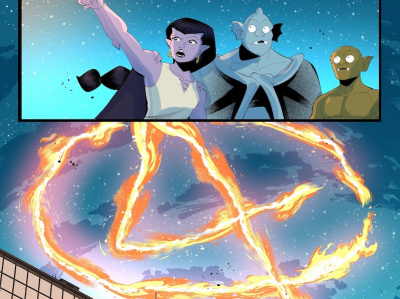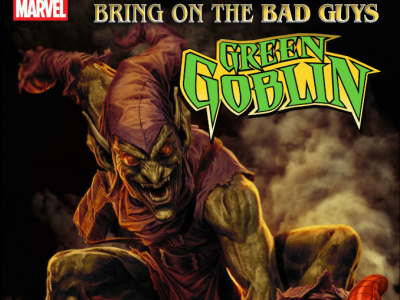Harry Potter author J.K. Rowling has won a landmark “fair use” court case against the small Muskegon Michigan-based publisher RDR Books as U.S. District Court Judge Robert Patterson has ordered that RDR not publish The Harry Potter Lexicon, which is based on a Website created by Steven Vander Ark. The Judge ruled that The Harry Potter Lexicon infringed on Rowling’s copyright and awarded her $750 for each of the seven Harry Potter novels and for the two books she has written about the Harry Potter universe a total of $6,750.
The award is hardly the most important outcome of this case (see “Copyright Battle Threatens Unofficial Guides”), which could have profound influence on the publication of compendia based on popular works. Fair use cases tend to be considered on a case-by-case basis, something that heartened the lawyers from the Stanford Fair Use Project, who were encouraged “by the fact the Court recognized that as a general matter authors do not have the right to stop the publication of reference guides and companion books about literary works.” Still the case could have a chilling effect on major publishers whose legal staffs might be reluctant to put the company in the position of mounting an expensive defense of an “unofficial guide” or compendium based on a popular property.
Warner Bros., which supported Ms. Rowling’s claim, was pleased with the verdict and issued the following statement: “We are obviously pleased with today’s ruling by Judge Patterson supporting the position that the proposed lexicon book infringes on Ms. Rowling’s rights. As a content company, it is imperative that we work vigorously on all fronts to protect the intellectual property rights of those who create the stories and characters, words, pictures and music that entertain and benefit the worldwide audience.”
J.K. Rowling was considerably more subdued in her response: “I took no pleasure at all in bringing legal action and am delighted that this issue has been resolved favourably, I went to court to uphold the right of authors everywhere to protect their own original work… Many books have been published which offer original insights into the world of Harry Potter. The Lexicon just is not one of them.”
RDR Books has not decided whether or not it should appeal the judge’s decision. Certainly this case deals with some of the murkiest and most complicated areas of copyright law, and there are certainly valid points of contention from both sides in this dispute. Judge Patterson took pains in his decision to say that compendium works generally serve a useful function and should be encouraged—the problem is that, in spite of his disclaimer, his decision just might have the opposite effect.








